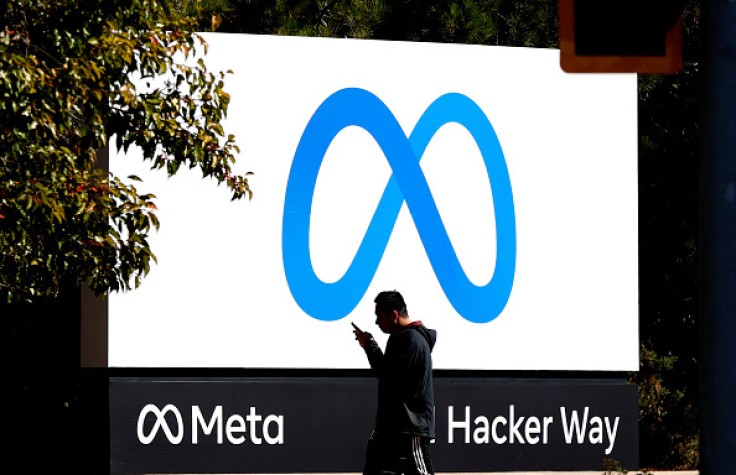Canada has been pushing social media platforms to pay for the content of Canadian publishers through a bill called C-18. However, Meta believes that they are not required to nor is it fair, restating that they would rather take down news links than pay.

Meta Isn't Changing Its Mind
The social media giant has already made its stance known regarding Canada's Online News Act or C-18, and it has once again made clear that the company would rather block news than pay for the news content it shows on the platforms Instagram and Facebook.
The bill will force online platforms to pay news publishers when their news articles are posted on the sites, which could cost the companies hundreds of millions of dollars in the process every year, and of course, they aren't very happy about it.
The legislation is already going through the process of being approved. It has passed though House of Commons and is already being considered in the Senate's Committee on Transport and Communication, as mentioned in Gizmodo.
Nick Clegg, the President of Global Affairs at Meta expressed his disagreement on the matter, saying that the Online News Act is based on a "fundamentally flawed premise," saying that Meta does not benefit from its users sharing links of news content on the platforms.
On the other hand, publishers gain from it since news shared on social media means that the articles will get more traffic. Clegg stated that people don't come to social media for the news but for the "ups and downs of life" and the things that "intereet them and entertain them."
Since Canada isn't backing down on its insistence that companies like Meta should pay outlets when their news are shared on the platform, Meta insists on its initial reaction to the Act, which is to block news in Canada.
According to Meta, Facebook Feed has provided registered news publishers 1.9 billion clicks in just 12 months. The company states that it was "free marketing" that would otherwise cost around $230 million, and it has helped them gain subscribers and reach audiences.
The tech giant compared the situation to asking email providers to pay postal service because people no longer send letters, or car companies stealing from the horse and cart industry. With that being said, Meta stated that news outlets have to adapt to the current times.
The Online News Act Goal
Canada believes that online platforms should share fair revenue to news outlets and provide for collective bargaining. For publishers to be eligible, they have to be a designated Qualified Canadian journalism organization (QCJO) under the Income Tax Act.
If not, then have need to have at least two regularly employed journalists from Canada and operates in the country. The news content should also be written, edited, and designed in Canada, and the news content should focus on matters of general interest.
The considered content is not limited to written news. Other formats include audio and audiovisual news, as mentioned in Canada's website.









